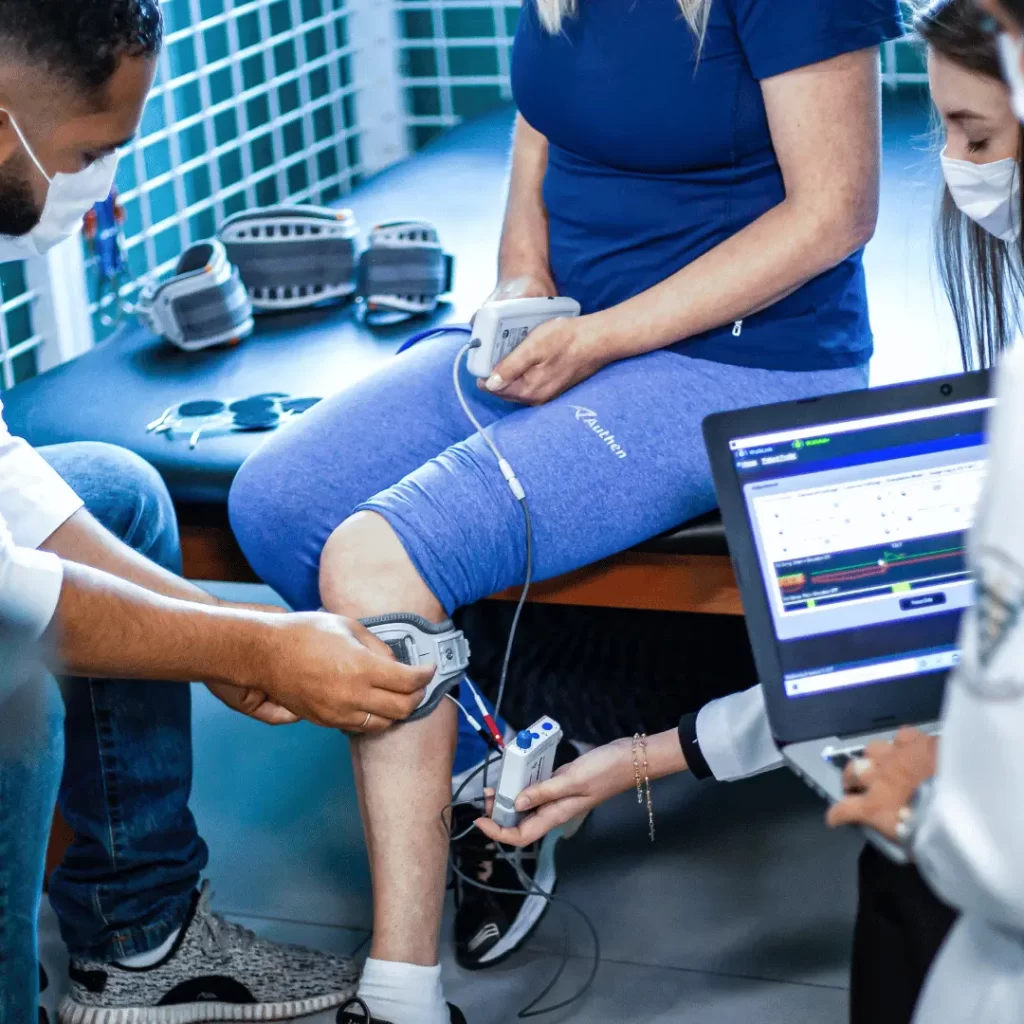
Types of Stroke and Their Symptoms
Did you know that strokes are responsible for 6.7 million deaths worldwide, making it the cerebrovascular disease with the highest mortality rate?
According to health research, stroke is the second leading cause of death worldwide. The World Health Organization (WHO) estimates that by 2030, stroke will remain one of the leading causes of mortality globally.
Moreover, strokes are also a major cause of disability among patients who experience this condition.
What is a Stroke?
A stroke, also known as a “cerebral vascular accident,” occurs when there is a blockage and subsequent rupture of the veins responsible for supplying blood to the brain. This rupture results in brain paralysis on the side where the blood flow interruption occurs.
It predominantly affects males, particularly those aged 30 to 40.
There are two types of stroke: hemorrhagic and ischemic. Both are highly dangerous and harmful, yet have distinct characteristics that strongly differentiate them.
Hemorrhagic Stroke
A hemorrhagic stroke is characterized by the rupture of a blood vessel within the brain, causing bleeding and swelling in the affected area, and consists of two types: subarachnoid (aneurysm) or intracerebral.
The main causes of a hemorrhagic stroke are high blood pressure and hypertension. These factors significantly contribute to the incidence of this type of stroke.
According to the Ministry of Health, this type of stroke accounts for 15% of stroke cases and can more easily lead to death.
Intracerebral Hematoma
In this type of hemorrhagic stroke, bleeding occurs within the brain tissue, causing increasing pressure and abscess in local structures, leading to neurological damage. Most occurrences of this type of hemorrhage are due to uncontrolled high blood pressure.
Subarachnoid Hemorrhage
This occurs due to the rupture of an intracranial aneurysm, causing severe bleeding in the affected region. One of the most common symptoms is a sudden headache, occurring intensely at the moment of the aneurysm rupture.
Ischemic Stroke
Considered the most common type of stroke, it generally occurs when a blood vessel is obstructed, preventing blood flow to brain cells. Due to this obstruction, many cells die within minutes or hours after the stroke begins, which occurs suddenly.
Depending on the type of obstruction and its causes, ischemic strokes can be of three types:
Thrombotic: Responsible for 60% of ischemic stroke cases, caused by fatty plaques (atherosclerosis) blocking cerebral vessels. Atherosclerosis results from fat buildup due to unhealthy habits such as smoking, obesity, and high blood pressure.
Embolic: Occurs when atherosclerotic plaques break off from another part of the body or heart, traveling to the brain through the bloodstream.
Circulatory Insufficiency: Involves heart failure, where the heart fails to pump enough blood to meet the brain’s needs, causing circulatory deficiency in the head.
Symptoms of Stroke
Characteristic symptoms include:
–> Weakness or tingling in the face, arm, or leg, often on one side of the body.
–> Speech and comprehension difficulties.
–> Mental confusion.
–> Changes in vision.
–> Altered balance, coordination, and dizziness.
–> Sudden headache without apparent cause.
Prosense Alert
If you experience any of the above signs, seek medical attention immediately!
Risk Factors
Risk factors contributing to strokes are closely linked to how we manage our health.
Unhealthy habits like smoking, lack of physical exercise, and failure to undergo regular medical check-ups can increase the likelihood of a stroke.
Major risk factors include alcoholism, obesity, diabetes, high cholesterol, heart arrhythmias, severe head or neck injuries, vasculitis (caused by diseases like syphilis, tuberculosis, and Lyme disease), acute myocardial infarction, among others.

Prevention
As briefly indicated, taking care of your health is the best way to prevent strokes.
Regular physical exercise combined with medical exams and check-ups are essential for stroke prevention. Additionally, maintaining a healthy diet and weight is crucial.
Avoiding drugs and intoxicants, tobacco, and other detrimental habits is beneficial for staying healthy.
Always monitor your blood pressure and seek medical help if you notice any changes. Avoid self-medication as many symptoms can be managed if medical supervision detects any stroke risks.
Hear Real Stories | Watch video testimonials from Prosense patients.
How Can Prosense Help?
If you or someone you love is suffering from the aftereffects of a stroke, Prosense is here to help! With a personalized approach, our mission is to be your dedicated partner in this challenging journey.
By choosing Prosense, you benefit from a team of highly committed professionals ready to thoroughly assess your individual needs. From the first contact, we provide specialized support, guiding you through efficient treatments designed to restore not only your physical health but also your emotional well-being. With innovative techniques and a patient-centered approach, Prosense offers a clear path toward recovery. Come meet Prosense and discover how we can be your ally on the journey to a fulfilling life after a stroke. Your recovery deserves the best.
Talk to our specialists, don’t hesitate to ask questions, and act promptly for your or your loved one’s improvement.
Hear Real Stories | Watch video testimonials from Prosense patients.
Prosense
Prosense’s mission is to analyze each individual thoroughly, focusing on recovery. If you are looking for specialized support, don’t waste time. Come and discover our commitment to improvement and well-being. Discover the effective treatments we have developed, led by dedicated professionals ready to drive your recovery journey.
Schedule an assessment via WhatsApp by clicking here or by phone by clicking here!
Is this your first time on our site?
The Prosense Clinic is a national leader in the rehabilitation of injuries and neurological problems. We bring innovations from around the world and provide the excellence you deserve! Schedule an assessment via WhatsApp or by phone: (11) 5199-9033 | (31) 3088-2135.
Prosense Director:
Dr. Michelle Coutinho Atherton
Founder – CEO – Neurofunctional Physiotherapist
Master in Neurology, UFMG
CREFITO: 118113F
